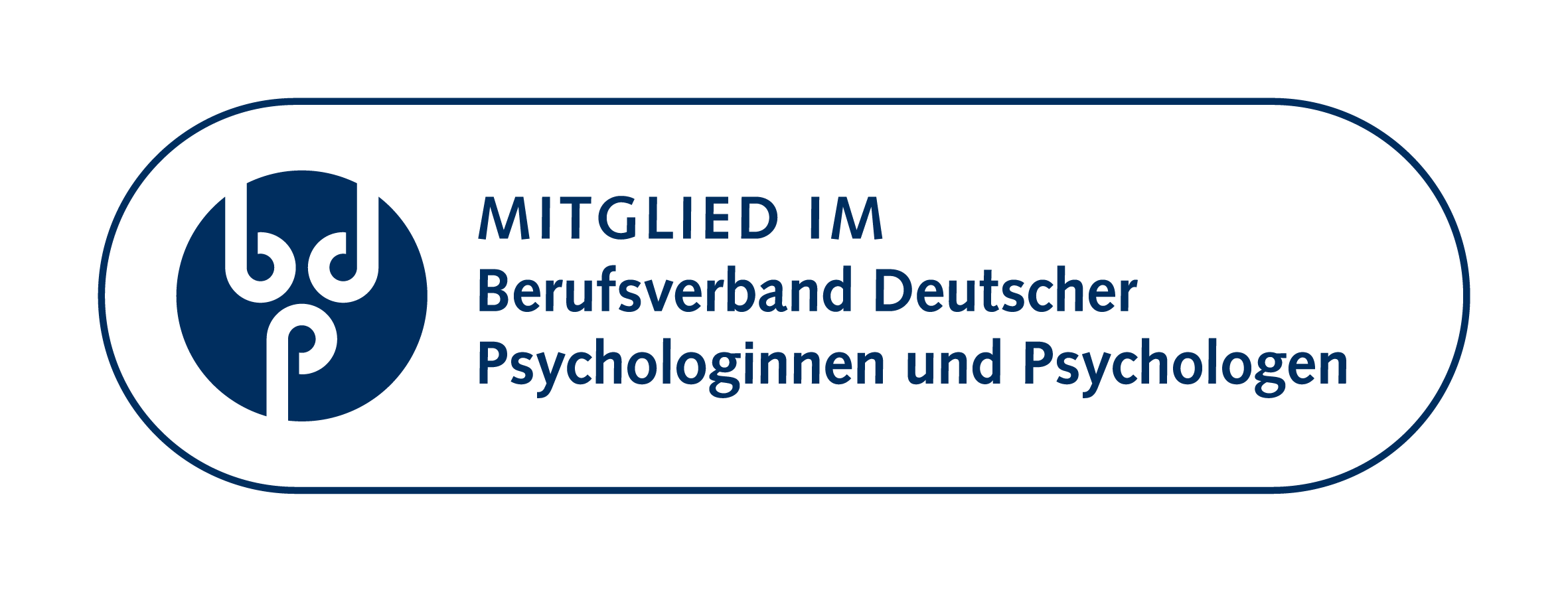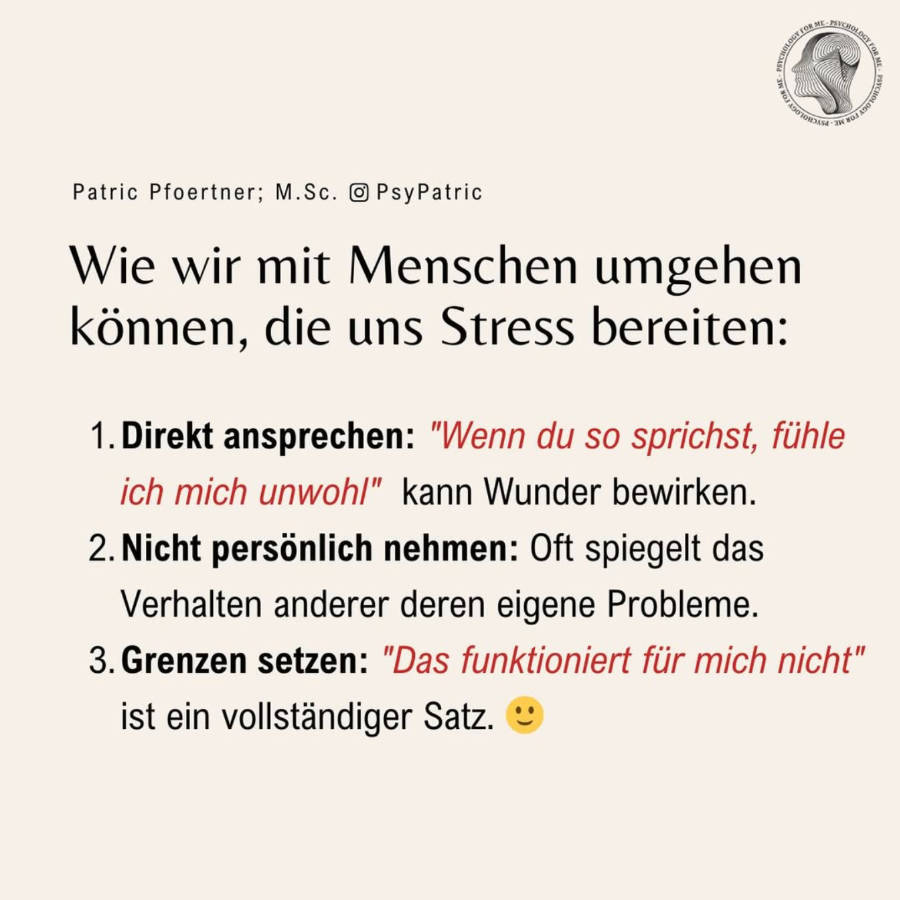Taking a self-assessment test about your mood can be a significant step, and it takes courage to explore how you're truly feeling. It's perfectly normal to experience ups and downs in life, but sometimes, persistent feelings can indicate something more. This test is designed to offer you an initial, confidential insight into your current emotional state.
Here's what this self-assessment is about:
- A Personal Check-in: It offers a discreet way to reflect on common signs associated with depressive symptoms.
- Understanding Your Feelings: It helps you recognize patterns in your mood, energy levels, and daily activities.
- Guidance for Next Steps: Based on your responses, it provides empathetic guidance on how to support your mental well-being, including when professional help might be beneficial.
Common Questions About Depression and Mental Well-being
It's natural to have many questions when you're exploring your mental health. As a professional psychologist, I often hear concerns like:
- What exactly is depression?
Depression is more than just feeling sad; it's a serious mood disorder that causes a persistent feeling of sadness and loss of interest. It can affect how you feel, think, and behave, and can lead to a variety of emotional and physical problems. It's a medical condition, not a sign of weakness, and it's treatable.
- How common is depression?
Depression is surprisingly common. Millions of people worldwide experience depression at some point in their lives. In fact, it's one of the most prevalent mental health conditions globally. Knowing this can help us realize we are not alone in our struggles.
- What are the main signs I should look out for?
Key signs often include a persistent low mood, loss of pleasure in activities, changes in appetite or sleep patterns, fatigue, feelings of worthlessness or guilt, difficulty concentrating, and sometimes, thoughts of self-harm. These symptoms usually last for at least two weeks and represent a change from your previous functioning.
- When should I seek professional help?
If your symptoms are significantly impacting your daily life, relationships, work, or school, or if you find yourself feeling hopeless or having thoughts of harming yourself, it is crucial to seek professional help immediately. A qualified mental health professional can provide an accurate diagnosis and tailor effective treatment.
- What kind of help is available for depression?
Help for depression is diverse and effective. It often includes psychotherapy (like Cognitive Behavioral Therapy or Interpersonal Therapy), medication (antidepressants), or a combination of both. Lifestyle adjustments, such as regular exercise, a balanced diet, and stress management techniques, also play a vital role.
- What can I do to help myself if I'm feeling down?
Even small steps can make a difference. Try to maintain a routine, engage in light physical activity, connect with supportive friends or family, practice mindfulness, ensure adequate sleep, and eat nutritiously. Remember, it's okay to ask for help and to prioritize your mental well-being.
Taking steps to understand your mental health is a powerful act of self-care. This test is a starting point. Remember, you don't have to navigate these feelings alone. Support is available, and recovery is possible.
























